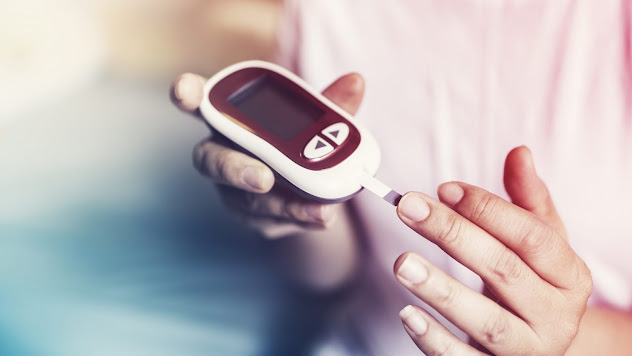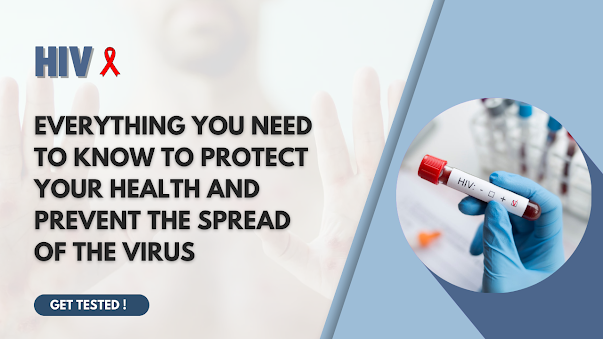The Importance of Early Diabetes Detection: Why You Should Get Tested?
Diabetes is a chronic disease that affects millions of people worldwide. According to the Centers for Disease Control and Prevention (CDC), more than 34 million Americans have diabetes, and about one in five of them don't know they have it. Diabetes is a serious condition that can lead to many health problems, including heart disease, stroke, kidney failure, and blindness. However, early detection through diabetes testing can prevent or delay these complications and improve your overall health.
If you live in Tampa and are at risk of developing diabetes or have symptoms of the disease, it's important to get tested as soon as possible. Diabetes testing in Tampa is easy and convenient, and it can be done at a variety of locations, with 24-7 Labs.
The most common test for diabetes is the A1C test, which measures your average blood sugar level over the past two to three months. A normal A1C level is below 5.7%, while a level between 5.7% and 6.4% indicates prediabetes, and a level of 6.5% or higher indicates diabetes. Other tests include the fasting plasma glucose (FPG) test, which measures your blood sugar after fasting for at least eight hours, and the oral glucose tolerance test (OGTT), which measures your blood sugar before and two hours after drinking a sugary solution.
Getting tested for diabetes is important for several reasons. First, it can help you catch the disease early before it causes significant damage to your body. Second, if you have prediabetes, getting tested can help you make lifestyle changes that can prevent or delay the onset of diabetes. Third, if you have diabetes, getting tested can help you manage the disease more effectively and reduce your risk of complications.
If you're at risk for diabetes, it's important to get tested regularly, even if you don't have symptoms. Risk factors for diabetes include being overweight or obese, having a family history of the disease, being over the age of 45, and having high blood pressure or high cholesterol.
In addition to getting tested, there are several things you can do to reduce your risk of developing diabetes or manage the disease if you already have it. These include maintaining a healthy weight, eating a healthy diet, getting regular exercise, and taking medication as prescribed.
In conclusion, diabetes is a serious condition that can have significant health consequences if left untreated. However, with early detection through diabetes testing, you can prevent or delay these complications and improve your overall health. If you're at risk for diabetes or have symptoms of the disease, don't wait – get tested today!





Comments
Post a Comment